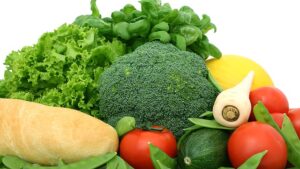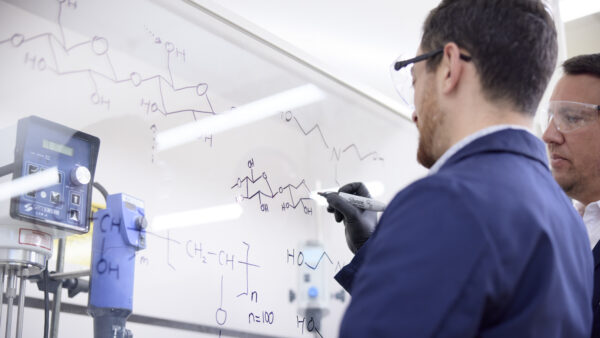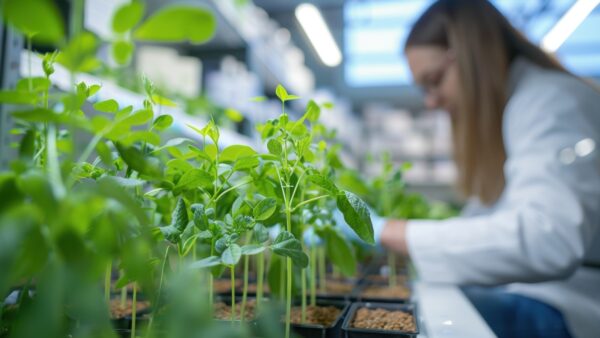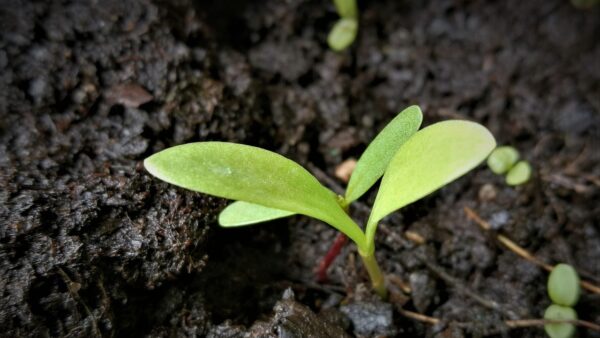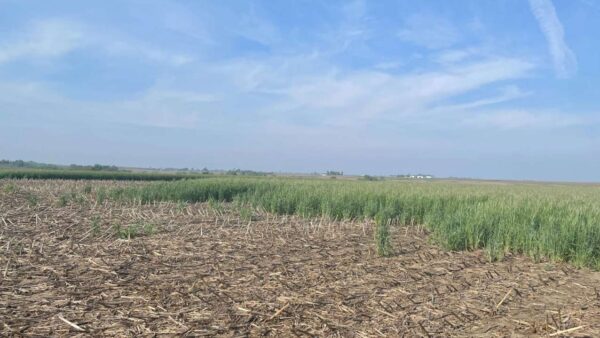As part of the company’s Future of Farming Dialogue virtual event series, Bob Reiter, Head of Research and Development at the Crop Science division of Bayer, will highlight the interconnectivity between scientific experts inside and outside of the company’s own network of R&D resources, their importance to innovation, and the next solutions to advance the future of agriculture. Reiter will join with CEOs from Pairwise, Rantizo and Oerth Bio during the global virtual event Open Innovation: How Collaboration Unlocks a Sustainable Future on February 15, 2021 (9:30am CST/4:30pm CET).
“As a leader in this space, Bayer is committed to transforming agriculture through our open innovation model,” said Reiter. “This R&D strategy allows us to join forces with partners of all sizes, from start-ups and scale-ups to academic institutions and established companies, to actively seek new creative ideas across the innovation ecosystem. Not only does this fuel fundamental shifts in thinking, but it also supports the agriculture of today while helping to shape the agriculture of tomorrow.”
Gene editing is the key to better solutions and greater choices for farmers and consumers around the world. Thanks to its R&D agreement with Pairwise, the Broad Institute and others, Bayer has access to the best genome editing tools. In crop science that means a transformative opportunity to improve yield and simplify harvesting for farmers.
“Tools like gene editing offer new solutions to food challenges producers and consumers alike are facing,” said Pairwise CEO Tom Adams. “Pairwise, through our partnership with Bayer, is advancing solutions that will drive faster innovation and more tangible changes to how we grow and harvest food.”
Bayer’s research collaboration with the French biotech company Meiogenix is also accelerating the development of proprietary technologies related to plant breeding and genome editing applications. Meiogenix’s proprietary technologies are used to induce the exchange of genomic regions between chromosomes of plant cells during meiosis, the natural process that generates genetic diversity during plant breeding. This collaboration has the potential to deliver much-needed plant health and nutrition improvements to food crops so farmers can more efficiently and sustainably grow improved plant varieties that deliver the types of foods consumers want.
Through Leaps by Bayer, investments in companies like Rantizo are enabling precision aerial pesticide applications while reducing soil compaction. Focusing the application of the right amount to the right plant allows an overall reduction in pesticide applications and of carbon emission compared to traditional sprayers. The process is better for the crop, better for the land, and better for the farmer, ultimately enabling a more sustainable food supply. Thanks to the recent Series A funding round led by Leaps by Bayer, Rantizo plans to serve even more farmers by expanding into additional geographies.
“The future of agriculture is here, and through our partnerships with Bayer and other companies, we look forward to optimizing agricultural input application with innovative products and services priced for optimal outcomes,” said Michael Ott, Rantizo’s CEO. “Our drone sprayers leverage data, precision and automation to identify localized issues and then deliver inputs precisely where and only where they’re needed. No more and no less. This enhances sustainability and helps us reduce the environmental impact of agriculture.”
In addition to its own R&D investments to discover and develop promising new modes of action, Bayer is collaborating with Targenomix, a start-up that uses genomic tools to identify new herbicidal modes of action. By cracking the codes of herbicide candidates, Targenomix can find those molecules which have the greatest potential to help agricultural production despite challenges like climate change and weed resistance. The start-up’s approach has been successful thanks in part to the access Bayer provides Targenomix, including its chemical know-how, lab infrastructure and its robust screening pipeline.
Furthermore, Bayer’s joint venture with Arvinas, OerthBio, another start-up created by Leaps by Bayer, is using a unique protein degradation platform to protect crops from weeds, insects and diseases, potentially decreasing the need for chemical crop protection and ultimately reducing the environmental impact of agriculture.
“The next 10 years of agricultural innovation will have an outsized impact on the long-term health of our global food system,” said John Dombrosky, Chief Executive Officer of Oerth Bio. “Imagine having the power to fundamentally enhance the resilience, durability and the quality of our global food supply while minimizing agriculture’s environmental impact and footprint. At Oerth Bio, we’re doing that by bridging a revolutionary therapeutic platform called PROTAC¬® protein degraders into agriculture.”
Working with experts using an AI-powered platform that engineers food proteins, Bayer is supporting science to help the hundreds of millions of people around the world who suffer from food allergies or sensitivities, including gluten. In tandem with other industry leaders and venture firms, Leaps by Bayer is funding the biotech company Ukko whose mission is to eliminate these health challenges. With improved proteins that are especially designed for people with celiac and other gluten sensitivities, bakers, food companies and home cooks can make delicious bread, pizza, pasta and baked goods that everyone can eat. Farmers could benefit from being able to sell a differentiated wheat crop at a premium price.
Leaps by Bayer and Temasek’s jointly-formed company Unfold is focusing on innovating vegetable varieties specific to the needs of the vertical farming environment that deliver optimized quality, efficiency and sustainability. Thanks to access to Bayer’s unparalleled genetic assets, Unfold is working to unlock the genetic potential of vertical farming by developing new seed varieties coupled with agronomic advice tailored for the unique indoor environment of vertical farms. The investment in Unfold is enabling increased access to fresh fruits and vegetables, supporting sustainably grown, hyperlocal production and addressing food security challenges faced by growing urban populations.
“At Bayer, we believe that every investment in innovation should also be an investment in sustainability,” said Reiter. “That’s why we continue to seek partnerships from different sectors worldwide to achieve our vision of Health for All, Hunger for None. Innovation is a continuous cycle of exploration, discovery, testing and creation, and we believe progress can only truly be achieved when we use our collective ingenuity to pursue change.
The Future of Farming Dialogue features a variety of internationally renowned speakers and stakeholders from academia, industry and media. The focus of discussion is how to build more resilient food systems, accelerate sustainable-driven innovations and develop new business models that can reward farmers for their services to the ecosystem.
Bayer will continue to host its Future of Farming Dialogue in a virtual series throughout 2021. Learn more here.



